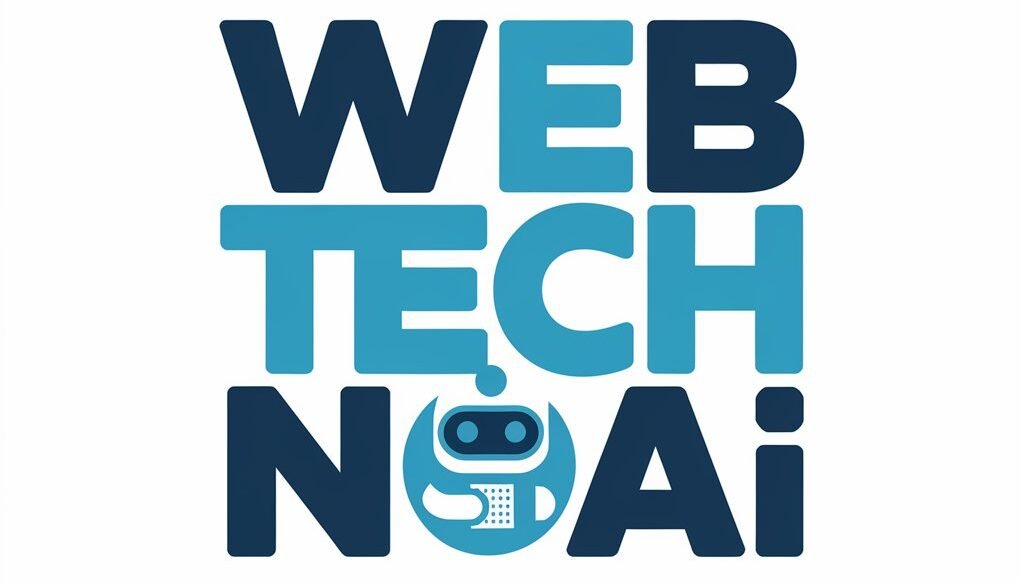PixAI is an incredible AI-powered platform enabling users to generate unique anime-inspired art for free, however copyright and ownership issues may become complex when dealing with generated content generated with PixAI. Let’s examine this topic thoroughly so you understand your rights when using PixAI.
What is PixAI?

PixAI is an innovative platform designed to create anime-inspired artwork. It uses advanced AI to interpret user inputs and transform them into visually stunning images.
Features and Functionality
- Ease of Use: Intuitive user interface for generating art.
- Customization Options: Tools to tweak prompts and refine artwork.
- Community Sharing: Options to showcase your art within the PixAI community.
Free vs. Paid Versions
While PixAI is free to use, premium features like advanced editing tools may require a subscription.
Is PixAI Copyright Free
Understanding Copyright in AI Art
General Copyright Principles
Copyright laws protect original works of authorship, including art, music, and literature. But how does this apply to AI art, which lacks human authorship?
How AI Art Challenges Copyright Norms
The creation of AI art involves:
- User Prompts: Text-based inputs from the user.
- AI Algorithms: Automated generation of images. This collaborative process complicates traditional views of authorship.
PixAI’s Ownership Policies
What Does PixAI’s Terms of Service Say?
According to PixAI’s terms:
- Users retain ownership of their generated content.
- Generated art can be used commercially if it adheres to the platform’s rules.
Ownership of AI-Generated Art
Since users input the prompts, they’re often considered the creators of the resulting work. However, legal challenges could arise if the generated image closely resembles copyrighted content.
Copyright Complexities in AI-Generated Art
User Input and Its Role in Ownership
The user’s creative input (prompts, adjustments) significantly influences the final artwork, making them an integral part of the creative process.
Jurisdictional Differences
Countries like the U.S. and U.K. are still debating whether AI-generated art qualifies for copyright protection. Laws may vary significantly across regions.
The Legal Status of AI Art in Different Countries
United States
The U.S. currently does not recognize AI-generated art as copyrightable unless there’s significant human input.
European Union
The EU emphasizes the protection of creators but has yet to finalize specific guidelines for AI-generated works.
Asia and Other Regions
Countries like Japan and China are beginning to develop frameworks for AI-generated art, focusing on ethical and legal implications.
Fair Use and Limitations
When Can You Use AI-Generated Art Freely?
AI art is often usable for personal and commercial projects if it doesn’t infringe on existing copyrights or trademarks.
Avoiding Copyright Infringement
To avoid issues:
- Avoid prompts that mimic existing works.
- Use generated art responsibly in commercial contexts.
What Are The Limitations Of Using Pixai For Free
Credit System
How the Credit System Works
PixAI operates on a credit-based model. Users are allocated a limited number of free credits daily, which they use to generate artwork.
Daily Credit Limits
The number of credits varies but generally suffices for a few creations. However, artists who need more extensive projects may find these limits restrictive.
Impact on Artwork Generation
When credits run out, users must either wait for the daily reset or purchase additional credits, causing interruptions in creativity.
Quality Dependence on Prompts
Importance of Well-Structured Prompts
The quality of the art largely depends on the clarity and specificity of user prompts.
Challenges with Vague Prompts
Poorly written prompts can lead to underwhelming results, often necessitating retries and consuming more credits.
Examples of Effective Prompts
For instance, “A samurai in a bamboo forest, anime style, sunset lighting” yields better results than “Samurai in the forest.”
Limited Style Diversity
Anime and Pixel Art Focus
PixAI specializes in anime and pixel art, which may not appeal to users looking for varied artistic styles.
Comparison with Other Platforms
Platforms like MidJourney or Artbreeder offer broader style options, making them more suitable for diverse projects.
Generic Results
Why Generated Images May Feel Repetitive
Repeated use of similar prompts can lead to outputs that lack uniqueness and creativity.
Tips to Improve Uniqueness
Experimenting with unusual prompts or mixing art styles can yield more distinct results.
Customization Constraints
Available Customization Options
PixAI allows users to tweak certain settings, such as color schemes and resolution.
Missing Advanced Editing Features
Unlike paid tools, the free version lacks fine-tuning options, limiting the scope of creativity.
Internet Dependency
How Internet Speed Impacts Performance
A stable connection is crucial. Slow internet can cause delays in artwork generation.
Offline Alternatives
Consider exploring tools like Procreate for offline editing, although they lack AI capabilities.
Privacy Concerns
Data Security Risks
Uploading personal images might pose privacy risks, as data handling practices remain unclear.
Best Practices for Image Uploads
Avoid uploading sensitive images and review PixAI’s privacy policies for peace of mind.
Learning Curve for Advanced Features
Basic vs. Advanced Features
While beginners find the platform easy to use, advanced features may take time to master.
Overcoming the Learning Curve
Tutorials and community forums can help users become proficient with PixAI’s tools.
Community and Support Limitations
Limited Support for Free Users
Customer support prioritizes paid users, leaving free users to rely on FAQs and forums.
Community-Based Solutions
Online communities often provide creative workarounds and tips for free users.
User Testimonials
Real-Life Experiences of Free PixAI Users
Many users appreciate the free access but highlight limitations such as credits and style diversity.
Pros and Cons Based on Feedback
Free PixAI is ideal for casual use but may not meet the demands of professional projects.
Frequently Asked Questions
Does PixAI Allow Commercial Use?
Yes, PixAI-generated art can be used commercially, provided users follow the platform’s guidelines.
Can You Sell PixAI-Generated Art?
Yes, users can sell artwork created using PixAI, as they retain ownership.
What Are the Risks of Using AI Art?
Potential risks include accidental copyright infringement and evolving legal interpretations.
Conclusion
PixAI provides an effective means for creating anime-inspired art; however, users should navigate its legal complexities carefully in order to maximize benefits while mitigating risk. By familiarizing themselves with PixAI’s terms of service and staying informed on legal changes as they unfold responsibly using its platform responsibly creators can maximize benefits while mitigating risks.







